Graham Reid | | 4 min read
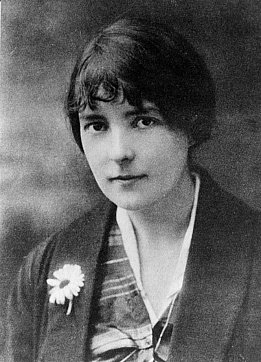
Five years ago, Northampton-based academic and Katherine Mansfield scholar Gerri Kimber discovered 26 poems by Mansfield in the Newberry Library in Chicago, only nine published previously.
Written when Mansfield was in her early 20s around the time of an affair, pregnancy, an unconsummated marriage and a miscarriage, the poems made up The Earth Child cycle.
In the subsequently published The Collected Poems of Katherine Mansfield, editors Kimber and Sorbonne professor Claire Davison noted the author – this country's most internationally acclaimed short story writer – had been overlooked as a poet, but in 1916 wrote, “I feel always trembling on the brink of poetry”
Mansfield's poems reach from anxious juvenilia to her moving The Wounded Bird written six months before her death in January 1923 at age 34.
It is a vast body of work – almost 200 poems, not including the 28-part Earth Child– and a valuable archive for academics, researchers and, now, musicians.
The new Mansfield album offers 12 complete poems or major extracts set to music by local artists and is another project helmed by Wellington singer-songwriter Charlotte Yates, behind similar explorations using the words of James K. Baxter, Hone Tuwhare and Witi Ihimaera.
Yates first had the Mansfield idea a decade ago but then came the Christchurch earthquakes, the possibility of presenting the poems-to-music in a theatrical production (“That didn't happen, they discovered musicians are more expensive than actors, we've got more gear”) as well as her own career, including the 2017 album Then The Stars Start Singing for which she recorded Mansfield's poem The Awakening River.
Then there was the discovery of the unpublished poems.
“This time last year I was in Camp Katherine up to my eyeballs, reading the five volumes of her letters [edited by Vincent O'Sullivan and Margaret Scott] and picking out great chunks which are completely riveting,” she laughs. “It was electrifying.”
What Yates sought was script material to place the poems in context as musicians were setting up because, as with previous projects, Mansfield will also be presented in concert.
Mansfield came with a particular set of problems because “most people didn't really know there was poetry, they immediately think of the short stories”.
“Previously the musicians selected the poems themselves and I just adjudicated. People had grown up with [those poets and their work] but these were new to them, so I curated and matched poems to the people.”
On Yates' own label (“a label and labour of love”), Mansfield opens with Anna Coddington interpreting the poet's letter-to-self, To K.M. It is a striking piece of autobiography-cum-personal mythology and when Yates received it she knew immediately it would open the album and concerts with.
“It made me cry because Anna's such a thoughtful person and songwriter. I love how it is delicate and delicate . . . and then she's screaming on the edge of the wind.”
At the end is Mansfield's final piece, The Wounded Bird sung by the folk band French For Rabbits. Between times Lawrence Arabia (James Milne) delivers an archetypal dream-pop treatment of Malade, Lontalius offers a languidly yearning Secret Flowers and Mel Parsons makes over There Was a Child Once (XX) from The Earth Child into a mysterious piece of folk-pop.
Elsewhere are more striking interpretations.
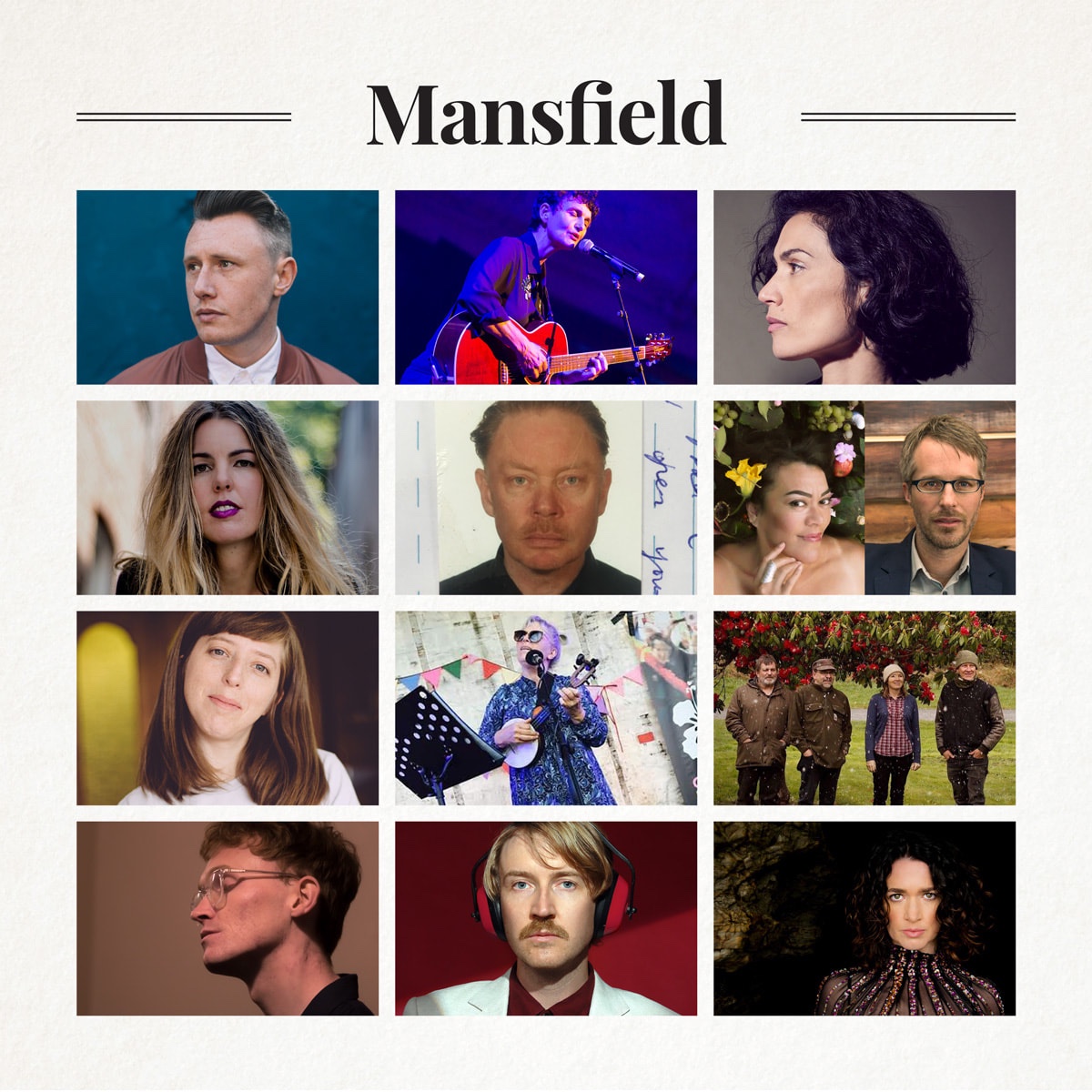 Delaney Davidson find an electro-beat darkness in his distinctively distorted setting of Mansfield's words in Pic-Nic.
Delaney Davidson find an electro-beat darkness in his distinctively distorted setting of Mansfield's words in Pic-Nic.
Night-Scented Stock by arranger Godfrey de Grut with Christchurch performance poet Tusiata Avia is a swirling, dramatic interpretation of a complex poem which explores the synesthetic relationship between music, sound and tactile sensations, and has a mocking tone.
“I wanted it because it's Katherine at her bitchiest and taking the absolute piss out of the Bloomsburys,” says Yates who wasn't surprised by the intensity of de Grut's music for jazz horns and strings.
“Well, it's Godfrey and there's a big brain going on. And I very much wanted to have a performance poet because I enjoyed working with Sam Hunt and David Eggleton previously.
“Some poems set to music can be a bit earnest and inward. But when I started doing music there were performance poems who would do slams so I wanted some of that energy to jack it up a notch”.
Also included is a widescreen remix by Mark Tierney (Straw People) of Yates' earlier Mansfield interpretation. She recalls LA-based Tierney – who she hadn't met until last year – thoughtfully critiquing her songwriting and production 20 years ago and here was the opportunity to work together.
No interpretation was rejected (“because they were so good') although she midwifed Sunset by Will Ricketts and Toby Laing because they'd only used one verse. She liked the texture but felt it needed more so they expanded it and Ricketts called on singer Louis Baker who did his part in two days before going on tour.
Despite the diverse artists and interpretations Mansfield holds together well, enhanced by the relative unfamiliarity of its source material.
Of pieces she'd like people to hear, and perhaps surprise Mansfield readers, Yates picks two.
“New Husband by Lorina Harding [mother of Aldous]. She's been out of the loop for too long. I recorded her in her little cottage and she had a very clear vision of how she wanted it to sound, and played all the instruments.
“She imagined an old lady on her porch in a rocking chair. There's a menace in that poem because it was a turning point in Mansfield's life. She'd sent it to [editor/husband] John Middleton Murry and he got extremely hurt, it provoked a crisis in their relationship. Lorina knows what [Mansfield's] talking about.
“Also Sanary by the Bats. It sounds simple but there are twists in the songwriting and you can hear every word.
“That could really surprise people.”
You can hear this album at Spotify here.

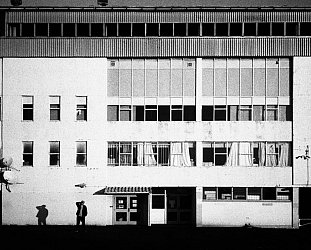
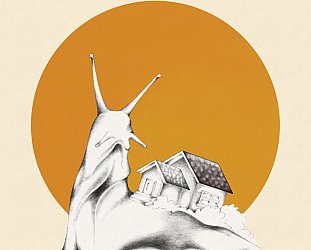
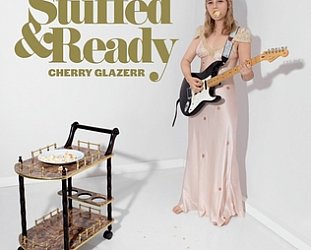
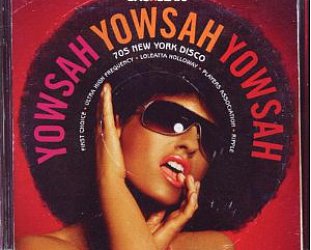
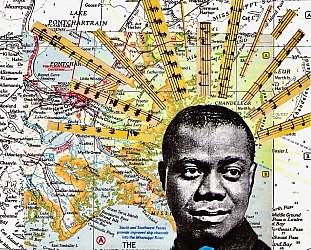
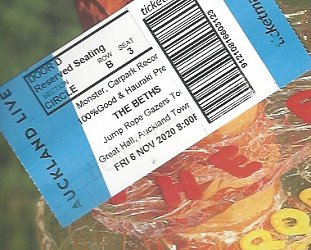
post a comment